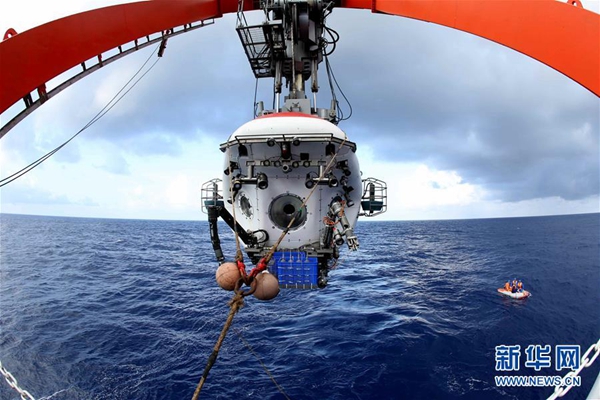The French debate
The debate between Le Pen and Macron was by all accounts fiery, personal and intense. There may have been less policy detail than some wanted, but the big divides over policy were nonetheless clear.
They both are running as anti establishment candidates who want change. That is more difficult for Mr Macron as he was until recently a Minister in the socialist government. Agreeing with his opponent that unemployment is too high and new economic measures are needed, he had to deal with why he had not done that as Economy Minister. He now wishes to liberalise the labour market, making it easier for companies to take on people. Madame Le Pen for her part wants to place barriers on the movement of people into the country and workforce, and to protect French trade and jobs by direct intervention. She was asked repeatedly for more detail of her measures and how they were supposed to work. They put the respective cases for a global and EU based approach versus a protectionist France first approach.
They differed strongly on the Euro and EU membership. Mr Macron is fully committed, and stressed the central importance of belonging to the Euro in his vision of the world. Mrs Le Pen argued that the Euro is the bankers’currency, not the currency of the people. She wants a French currency again.
Madam Le Pen attacked the powerful role of Germany in the EU and jibed that either way in this Presidential election France will be governed by a woman – herself or Mrs Merkel. Either when elected as President will need to construct a majority of representatives in the Parliament to help implement their programmes, which will make the Parliamentary elections most important after the choice of President.
Promoted by Fraser Mc Farland on behalf of John Redwood, both at 30 Rose Wokingham RG40 1XU
